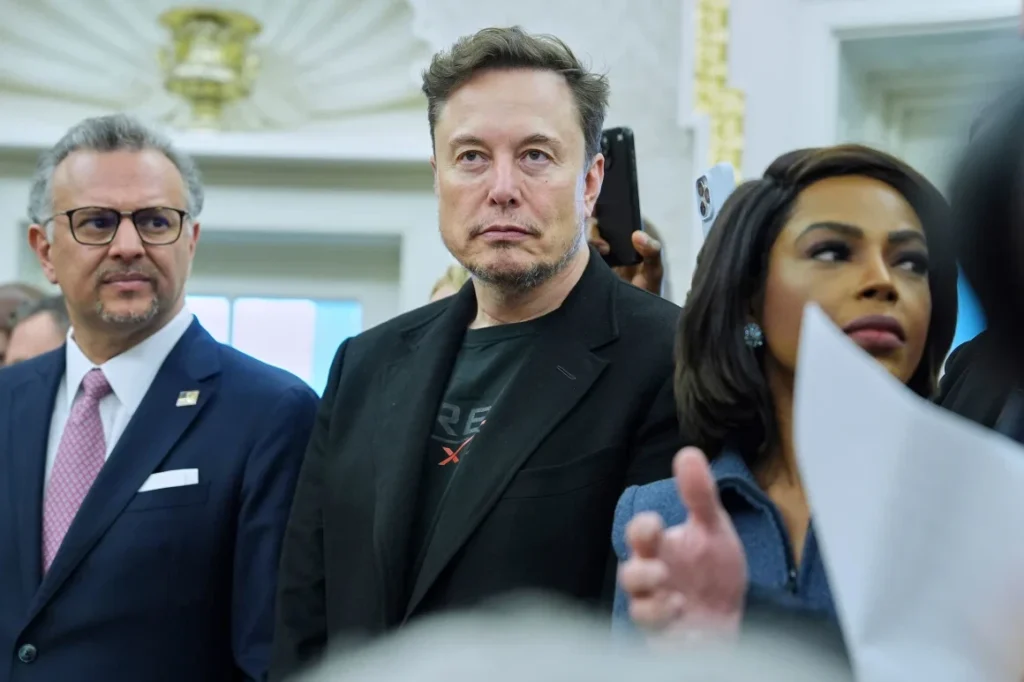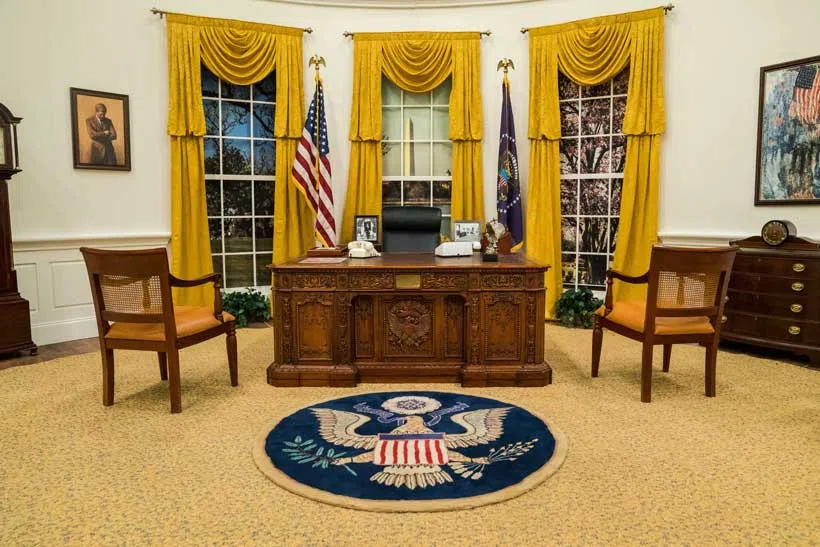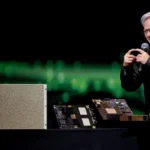How Oval Office Confrontations Are Reshaping Global Diplomacy Under Trump: On May 21, 2025, Oval Office confrontations took a dramatic turn. U.S. President Donald Trump hosted South African President Cyril Ramaphosa in Washington, D.C. What was expected to be a formal meeting became a political spectacle.
Trump accused South Africa of genocide against White farmers, sparking global debate. This confrontation echoed past events involving leaders like Zelensky and King Abdullah. These clashes raise new concerns over U.S. foreign relations and diplomatic protocol. As Trump continues this trend, leaders may now think twice before accepting an Oval Office invitation.
Also Read | Trump’s False Claims on White Farmer Genocide Spark Tensions with South Africa
How Oval Office Confrontations Are Reshaping Global Diplomacy Under Trump: Insights
- Trump’s meetings now resemble confrontational media spectacles.
- Ramaphosa faced harsh, unfounded accusations from Trump.
- White nationalist rhetoric played a key role in the session.
- Elon Musk attended the meeting and echoed similar views online.
- Trump’s behavior may shift diplomatic focus toward China.
- Leaders risk domestic backlash based on how they handle Oval Office confrontations.
- Macron, Meloni, and Starmer navigated their sessions with sharp political strategy.
- A possible visit from Pope Leo XIV could further raise tensions and spectacle.
Background
Trump’s second term has seen a shift in U.S. diplomacy. Meetings in the Oval Office have turned into ideological battlegrounds. Past visits by leaders like Ukrainian President Zelensky and King Abdullah of Jordan were filled with tension and accusations.
This change reflects Trump’s “America First” stance and his rejection of global institutions. Viral confrontations have replaced traditional diplomatic etiquette. Leaders now prepare for Oval Office confrontations with more caution than ever before. These changes suggest a larger move toward political theater over formal diplomacy.

Pope Leo XIV (right) meets with U.S. Secretary of State Marco Rubio and Vice President JD Vance at the Vatican on May 19, in this photo released by Vatican Media.
Photo Credits: Simone Risoluti (AP).
Main Event
During their May 21, 2025 meeting, Trump confronted Ramaphosa with claims of a “White genocide” in South Africa. He showcased articles and videos portraying violent crimes against White farmers. “Death, death, death,” Trump declared as he dramatized these reports. Ramaphosa was joined by his agriculture minister and South African golf legends Ernie Els and Retief Goosen. The gathering had more in common with a right-wing media segment than a diplomatic discussion.
Ramaphosa pushed back, clarifying that South Africa faces general crime issues and that most victims are Black. He denied any systematic targeting based on race. Trump, however, ignored these facts. “They’re being executed, and they happen to be White,” he insisted.
This session followed a pattern. Earlier in the year, Trump had berated Zelensky in front of the press. King Abdullah, too, faced pressure to accept Gaza refugees, a move that could destabilize Jordan.
In a room once known for careful diplomacy, Oval Office confrontations now unfold before cameras. These performances often serve domestic political goals, particularly Trump’s MAGA base. Elon Musk’s presence at the Ramaphosa meeting also highlighted the tech mogul’s support for these views. Meanwhile, Vice President JD Vance played an active role, jumping into debates and echoing Trump’s views.

Elon Musk observes as President Donald Trump and South African President Cyril Ramaphosa meet in the White House’s Oval Office on May 21 in Washington, DC
Photo Credits: Evan Vucci (AP).
Also Read | Trump Administration’s Harvard Foreign Students Ban: What You Need to Know
Implications
Global leaders now approach the Oval Office with growing caution. Some may avoid visiting altogether, fearing backlash at home. Diplomatic ties between the U.S. and countries like South Africa could weaken. This shift also pushes many nations, especially in the Global South, to explore stronger ties with China.
For allies, navigating Oval Office confrontations requires both strength and strategic communication. The risk of being publicly shamed or misrepresented grows with every televised session. Long-term, this could damage trust and reshape global diplomacy.
Conclusion
Trump has transformed the Oval Office into a global stage for political showdowns. From South Africa to the UK, leaders now prepare for confrontations, not cooperation. While some handle it with skill like Macron and Meloni, others struggle under pressure.
As future visits loom, including a potential one from Pope Leo XIV, the world watches closely. The age of quiet diplomacy is fading. In its place, Oval Office confrontations are setting the tone for international relations in Trump’s second term.



